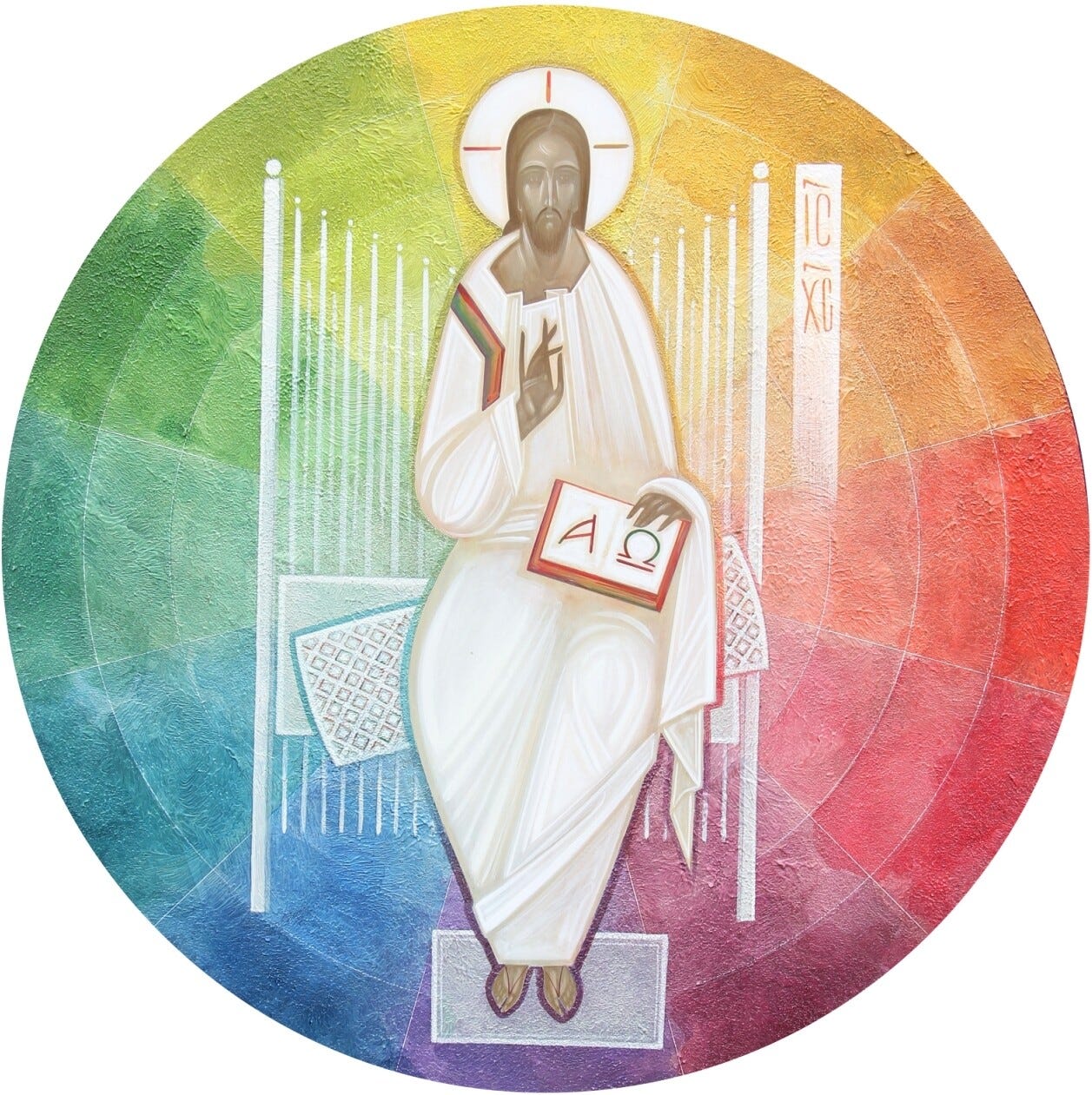The Church finds itself smack dab in the middle of the season of Epiphany. The season of Epiphany st day of Lent (Ash Wednesday). The season of Epiphany commemorates the revelation of Jesus Christ to the Gentiles, as represented by the visit of the Magi to the baby Jesus.
The word "Epiphany" itself means the revelation or manifestation of a divine being.
During the season of Epiphany, Christians focus on themes of light, revelation, and the mission of Jesus to bring salvation to all people. It is a time of reflection on the significance of Jesus' incarnation and the spreading of the Gospel message to all nations. The Revised Common Lectionary assigns readings for each week that highlight the revelation of God in Jesus Christ. Many of the readings include titles like “the Holy One of God,”[i] “King of Israel,”[ii] or “Son of God.”[iii] Each title reflects Jesus’s status as a member of the Holy Trinity, the firstborn of all creation, and the Savior of the world.
All of that to say, while each of the Revised Common Lectionary readings assigned to the season of Epiphany will feature notable biblical characters, the focus is the revelation of God made known in Jesus Christ.
Jesus is the focus of the season of Epiphany, not Nathaniel’s snarking question, “Can anything good come out of Nazareth?"[iv]
Jesus is the focus of the season of Epiphany, not the disciples being called.
Jesus is the focus of the season of Epiphany, not the man with the unclean spirits.
The focus of the season of Epiphany is the person Philip invited Nathaniel to “come and see.”[v]
The focus of the season of Epiphany is the one doing the calling.
The focus of the season of Epiphany is the one who can command an unclean spirit a person and leave a synagogue congregation asking “What is this? A new teaching--with authority! He commands even the unclean spirits, and they obey him.”[vi]
The season of Epiphany is all about Jesus.
In his book God Turned Toward Us: The ABCs of Christian Faith, Rev. Will Willimon writes, “Christianity is about the Jew, Jesus. An historical figure but more.”
Will continues:
“Jesus is the irreducible stuff of the Christian faith, the test for all the church says about what it believes. Because of the words and deeds in the Gospels and Paul's Letters (the most reliable early sources for thinking about Jesus), we can't make God anything we please.
From the first, Jesus failed to meet our expectations for how a savior ought to save us. We tried to use Jesus to get what we want only to have Jesus enlist us to get what God wants.
It's always a challenge to love and to live with the God we've got rather than the one we just had to have. Jesus apparently wants both a personal relationship with you, even you, as well as lordship over the whole cosmos and everybody else.
One more thing about Jesus: he's alive, present, bodily present.
(What sort of "presence" is there that's not bodily?) He not only spoke but speaks. He once worked signs and wonders and is still at it.
Note: in spite of what this book might lead you to believe, having the right words about Jesus is not as important as having a relationship with Jesus, God turned toward you, no matter the cost.”[vii]
John reminds us that he was present at the beginning of creation when, “In the beginning was the Word, and the Word was with God, and the Word was God. He was in the beginning with God. All things were made through him, and without him was not any thing made that was made.”[viii] The season of Epiphany is a reminder to the Church that after the bright lights of Christmas have been packed away, we still have Jesus. We’ve always had Jesus.
[i] Mark 1:24
[ii] John 1:49
[iii] Ibid.
[iv] John 1:46
[v] Ibid.
[vi] Mark 1:27
[vii] Willimon, Will. God Turned Toward Us: The ABCs of Christian Faith. Abingdon Press. 2021.
[viii] John 1:1-3







